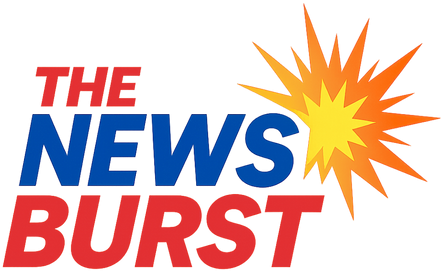Career Assessments for Finding Your Perfect Fit
Are you feeling stuck in your current job or unsure about which career path to take? You’re not alone. Many people struggle with finding the perfect fit when it comes to their careers. The good news is that there are resources available to help you discover your ideal career path. One of the most effective tools for this is career assessments. In this article, we’ll dive into the world of career assessments and how they can help you find your perfect fit.
The Importance of Finding Your Perfect Fit
It’s crucial to have a career that aligns with your skills, interests, and values. When you’re in a job that doesn’t fit you well, it can lead to dissatisfaction, burnout, and even impact your mental health. On the other hand, finding a perfect fit can bring a sense of fulfillment, purpose, and overall happiness in your life. That’s why it’s essential to take the time to discover what career path best suits you. Career assessments can help you do just that.
The Basics of Career Assessments
Career assessments are tools designed to evaluate your interests, personality traits, skills, and values to determine which career path may be the best fit for you. These assessments can vary in length, format, and approach, but they all aim to provide insight into your strengths and preferences.
Types of Career Assessments
There are several types of career assessments available, each with its unique approach to determining your perfect fit.
1. Interest-Based Assessments
These assessments measure your interests and hobbies to identify potential career paths that align with what you enjoy doing. They typically use questionnaires, like the popular Holland Code test, to determine which career clusters you may be best suited for.
2. Personality-Based Assessments
These assessments evaluate your personality traits, such as introversion vs. extroversion, thinking vs. feeling, and more, to help determine the types of environments and tasks you may thrive in. The Myers-Briggs Type Indicator is a well-known example of a personality-based assessment.
3. Skills-Based Assessments
These assessments measure your skills and abilities to determine which career paths would best utilize them. This type of assessment is useful for those looking to switch careers or for students just starting their career journey. The Skills Profiler from the U.S. Department of Labor is an example of a skills-based assessment.
4. Values-Based Assessments
These assessments evaluate your values and beliefs to determine which career paths align with them. When your values are in congruence with your job, you are likely to feel more motivated and fulfilled. The Work Values Inventory is an example of a values-based assessment.
How Career Assessments Can Help You
Now that you have an understanding of the different types of career assessments let’s explore how they can assist you in finding your perfect fit.
1. Clarify Your Interests, Skills, and Values
One of the most significant benefits of taking a career assessment is that it can help you gain clarity on your interests, skills, and values. Often, we can become overwhelmed by all the different career options out there, and it can be challenging to pinpoint what we truly enjoy and what we’re good at. A career assessment can help narrow down the possibilities and give you a starting point to explore further.
2. Identify Potential Careers
After completing a career assessment, you’ll receive a list of potential career paths that align with your results. This list can serve as a guide to help you research and explore different careers in more detail. It can also open your eyes to careers you may not have considered before.
3. Validate Your Career Choice
If you have a specific career in mind, taking a career assessment can help you validate your decision. It can give you the confidence that you’re on the right track and that your skills, interests, and values align with your desired career path.
4. Make a Career Change
Career assessments can also be beneficial for those looking to make a career change. If you’re not happy in your current job, but you’re not sure what to do next, a career assessment can provide you with new ideas and options to consider.
Things to Keep in Mind When Taking a Career Assessment
While career assessments can be incredibly helpful, there are a few things to keep in mind when taking one.
1. Use Them as a Guide, Not a Definite Answer
Career assessments are not meant to tell you precisely what career to pursue. They are simply tools to guide you and give you suggestions based on your results. It’s crucial to use them as a starting point and continue to research and explore different career paths.
2. Take Them More Than Once
Your interests, skills, and values can change over time, so it’s essential to retake career assessments periodically. This will ensure that you are still on the right track and that your results are up-to-date.
3. Seek Professional Career Advice
While career assessments can be useful, it’s always a good idea to seek professional career advice. A career counselor can help you make sense of your results and provide you with additional resources and guidance.
In conclusion, finding your perfect fit when it comes to your career is essential for your overall happiness and well-being. Career assessments can be an invaluable tool in this process, providing you with insights and guidance to help you make the right career decisions. So, if you’re feeling unsure about your career path or looking for a change, consider taking a career assessment and see where it leads you.










